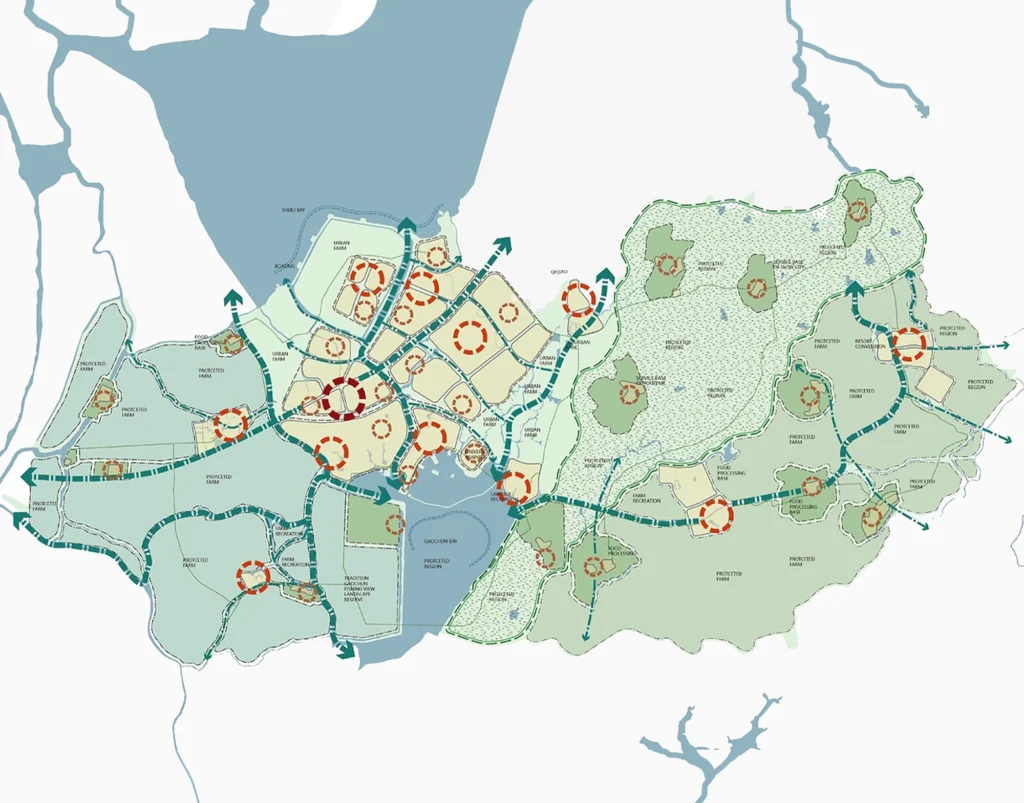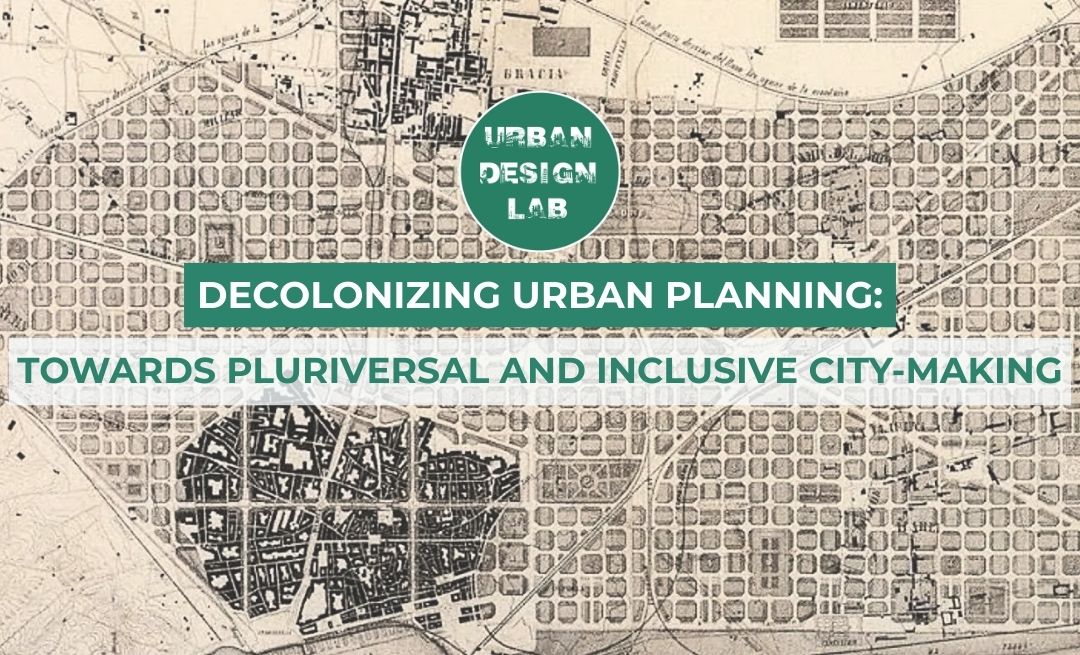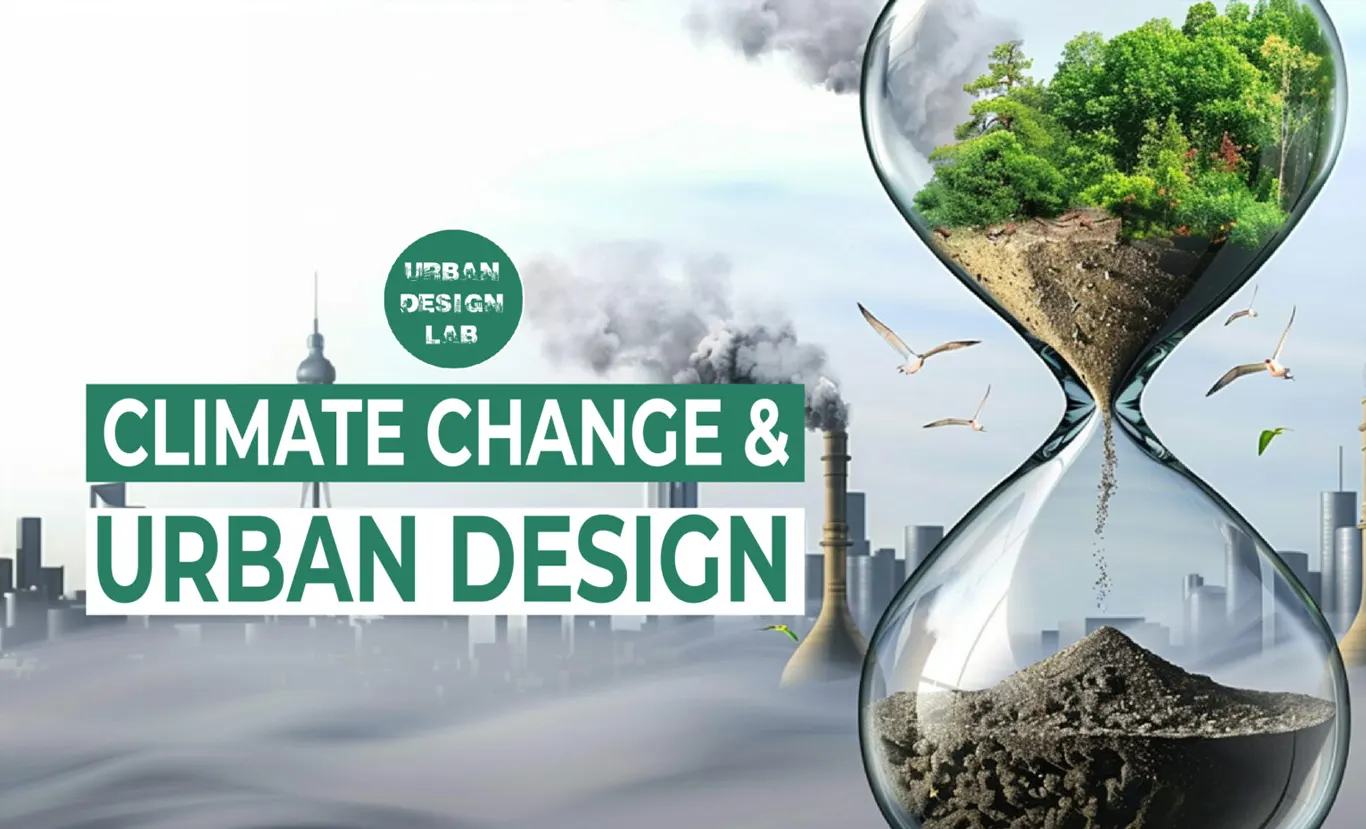
Housing: Foundation for equity in third world countries

What is Housing?
One of the most important components of life responsible for providing shelter, warmth, a feeling of safety, security and comfort is ‘Housing’. Being a basic human requirement, it entails provision of sheltered environment with basic services such as water, sanitation facilities etc. and also improves both working and living environments, increased levels of productivity as well as health and well-being of the inhabitants.
The form of housing depends on multiple factors such as physical factors, building material and construction, security, economical aspect, and socio-cultural factors –
- Physical Factors includes the site location, topography, consideration of climatic and weather conditions, availability of essential services such as water etc. as well as transportation.
- Building material and construction involve different types of materials used for the construction of the houses.
- Security being a social component has a large impact on housing as it provides a sense of security which is an important constructing factor of living quality.
- The way of living and economical affordability and viability of the houses.
- The socio-cultural factors include variety of elements such as social interactions, public places and places with cultural or religious significance.
What is Equity?
Equity, in general, denotes impartiality and fair justice. It stems from the concept of equality i.e., people should be treated equally in every aspect and using this influence of equality, it ensures equal number of opportunities for every person without extreme deprivation. The three basic necessities of life are food, shelter and clothing. Having a roof above their heads, a place to eat and rest, is one of the elements of life that provides a sense of security and prosperity to the individual and what the induvial desires to be in control of. But in this fast-paced developing world, shelter comes at a price which strips the opportunity away from the needy.
Development in third-world countries
The reason why third world countries thrive in terms of intrinsic sustainable development or in achieving the development goals is due to the rise in inequalities and inequities in the neoteric world. Equity holds the answer for poverty reduction when it comes to development through enhanced opportunities with the help of the government’s economic and political assistance for the financially deprived sections within the society. The growth in developing countries often portrays a haphazard pattern wherein the urban areas are subjected to rapid urbanization that require large investments on the part of government which steals the limelight away from the issues pertaining in the non-urban parts of the country (the reason why they are still ‘developing countries’). Considering the rapid increase in urban population, housing scenario in such countries is perturbing. The deficit in housing units has spiked over the past few decades due to inadequacy.
Challenges and their solutions
The obstacle with the existing policies in place is that the concept and the importance of equity is – though recognized, their opportunities are not rationally explored or enforced. This issue can be tackled by keeping equity as a primary guiding principle which would – prioritize access of multiple public services and amenities like health, educational and other physical and social infrastructural services to each individual for better quality of life
Housing can be an authoritative tool for development in these third world countries. To achieve equity in such developing countries, the objective must be equal provision of opportunities and services for all i.e., focusing more towards the concerns and needs of the population instead of inclining towards the urban-oriented approach that are usually adopted in terms of development.
As a means to achieve equity, weaker sections of the society would be prioritized in respect of housing services and employment opportunities i.e., large scale housing development for the financially weaker groups which will eventually restore the balance in their lives as it would provide them a chance at employment resulting in their upliftment as well as the country’s overall economy.
Implementation of policies should be a more integrated process as it is subject to externalities such as housing units earmarked for low-income groups wrongfully occupied by higher income group tenants. Housing can not only address the requirements of the weaker sections but is also crucial for climate change, resilience, mobility and energy consumption (Sustainable Development Goals) and can also bring about a revolutionary change and overall development of developing countries.
References
- Keivani, R. and Werna, E., 2001. Modes of housing provision in developing countries. Progress in planning, 55(2), pp.65-118.
- Jones, H., 2009. Equity in Development: Why it is Important and how to Achieve. Overseas Development Institute.
- Ferreira, F.H. and Walton, M. eds., 2005. World development report 2006: equity and development (Vol. 28). World Bank Publications.
- Jaycox, E.V., 1977. Housing the poor: The task ahead in developing countries. Urban Ecology, 2(4), pp.305-325.
- Jaiyeoba, E.B. and Asojo, A.O., 2020. A People-Centred Social Totality Approach to Low-Income Housing in the Developing World. In Sustainability Concept in Developing Countries. IntechOpen.
- Rahmania, M. and Zarandib, M.M., 2015. Determine the environmental factors influencing Increase security in residential design. Procedia-Social and Behavioral Sciences, 201, pp.234-242
Author: Arjun S, currently pursuing bachelor’s degree from the School of Planning and Architecture, Bhopal.
Program: Urban Planning
Publisher: Planning Tank
Year: 2021
Related articles


Architecture Professional Degree Delisting: Explained

Periodic Table for Urban Design and Planning Elements
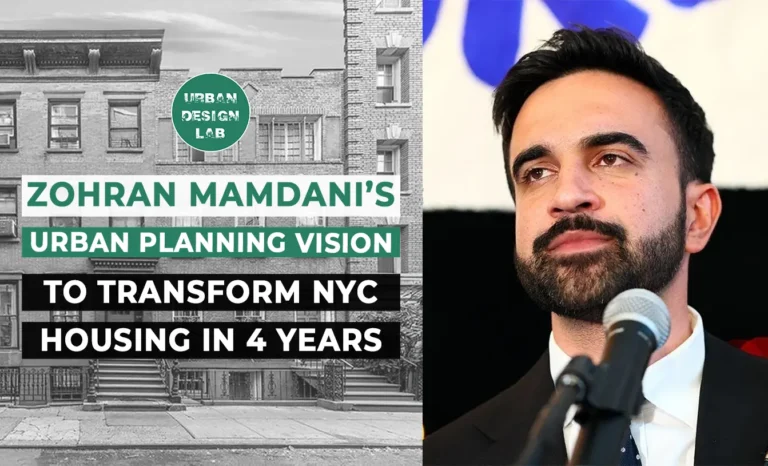

History of Urban Planning in India
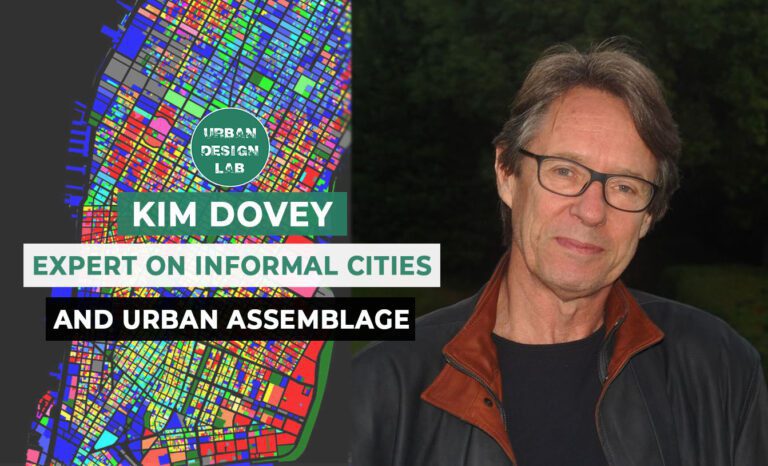
Kim Dovey: Leading Theories on Informal Cities and Urban Assemblage
UDL GIS
Masterclass
GIS Made Easy – Learn to Map, Analyse, and Transform Urban Futures
Session Dates
23rd-27th February 2026

Urban Design Lab
Be the part of our Network
Stay updated on workshops, design tools, and calls for collaboration
Curating the best graduate thesis project globally!

Free E-Book
From thesis to Portfolio
A Guide to Convert Academic Work into a Professional Portfolio”
Recent Posts
- Article Posted:
- Article Posted:
- Article Posted:
- Article Posted:
- Article Posted:
- Article Posted:
- Article Posted:
- Article Posted:
- Article Posted:
- Article Posted:
- Article Posted:
- Article Posted:
- Article Posted:
Sign up for our Newsletter
“Let’s explore the new avenues of Urban environment together “


